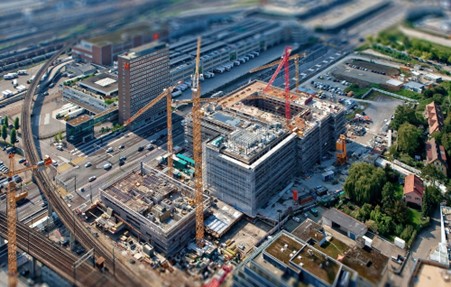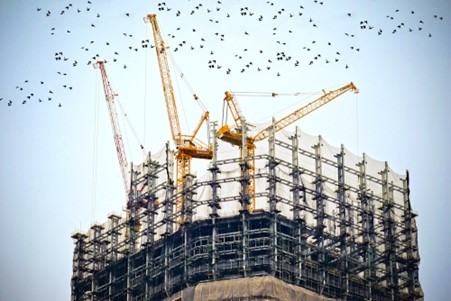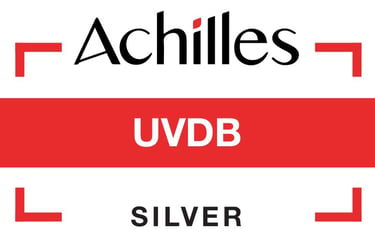Unlocking Safety and Efficiency: The Importance of Temporary Works Management
TEMPORARY WORKS


In the realm of construction, the management of Temporary Works plays a crucial role in supporting the execution of complex projects. From scaffolding and formwork to excavation support and temporary access roads, these structures provide the foundation upon which permanent works are built. However, ensuring the safety and efficiency of Temporary Works requires meticulous planning and management in accordance with established standards, such as BS 5975. Let's delve into the benefits of adhering to best practices and how they contribute to the success of construction projects.
Enhancing safety
Enhancing safety in temporary works is vital for overall integrity and success of construction projects, therefore, it cannot be overstated, as these structures are often subject to dynamic loads and environment stresses. By following the guidelines outlined in BS 5975, construction teams can identify potential hazards, implement appropriate control measures, and ensure that temporary works are designed, installed, and maintained to withstand the demands of the project safely. Through a systematic approach to safety, the construction industry can mitigate risks and ensure that temporary works contribute to the successful completion of projects without compromising safety standards.
Optimising Project Efficiency
Efficient management of Temporary Works leads to smoother project execution, reducing delays and maximising productivity. By establishing clear procedures for planning, coordination and communication, teams can streamline the process of designing, procuring, and installing temporary structures which in turn will minimise downtime and optimise resource allocation. By implementing these strategies ensures temporary structures not only fulfil their intended purpose but do so in a manner that enhances overall project productivity and success.
Cost Savings
By identifying and addressing potential issues early in the planning stages teams can avoid costly rework, delays, and disputes. Furthermore, good management ensures that temporary works are installed and dismantled efficiently minimising unnecessary expenditures on equipment, materials, and labour. By focusing on cost-saving measures construction managers can reduce expenditures without compromising safety or quality.
Compliance with Regulations and Standards
Compliance with regulations and standards in temporary works is paramount for ensuring safety, quality, and legal adherence in construction projects by reducing significant risks, protecting workers and the public and the structural integrity of the project. Adhering to BS 5975 or Construction Design Management (CDM 2015) and other relevant regulations and standards is essential for ensuring compliance and mitigating legal and financial risks in construction projects. By following established guidelines for temporary works, construction teams can demonstrate their commitment to safety, quality, and professionalism, enhancing their reputation and credibility within the industry.
Promoting Innovation and Best Practices
Effective Temporary Works Management promotes innovation and best practices for temporary works throughout the construction industry by enhancing project outcomes, reduce risks and streamline processes. By sharing knowledge, lessons learned, and technological advancements, teams can continuously improve their processes and techniques, driving greater efficiency, sustainability, and safety across projects of all sizes and complexities. Hence, when prioritising innovation and best practises construction projects can achieve higher levels of performance, safety and become cost effective.


In conclusion, It is not just a regulatory requirement; it is a fundamental aspect of successful construction projects. By prioritising safety, efficiency, and compliance with standards such as BS 5975, construction teams can mitigate risks, optimise resources, and deliver projects on time and within budget. Let us embrace the principles of Temporary Works Management and work together to build a safer, more efficient future for the construction industry.






